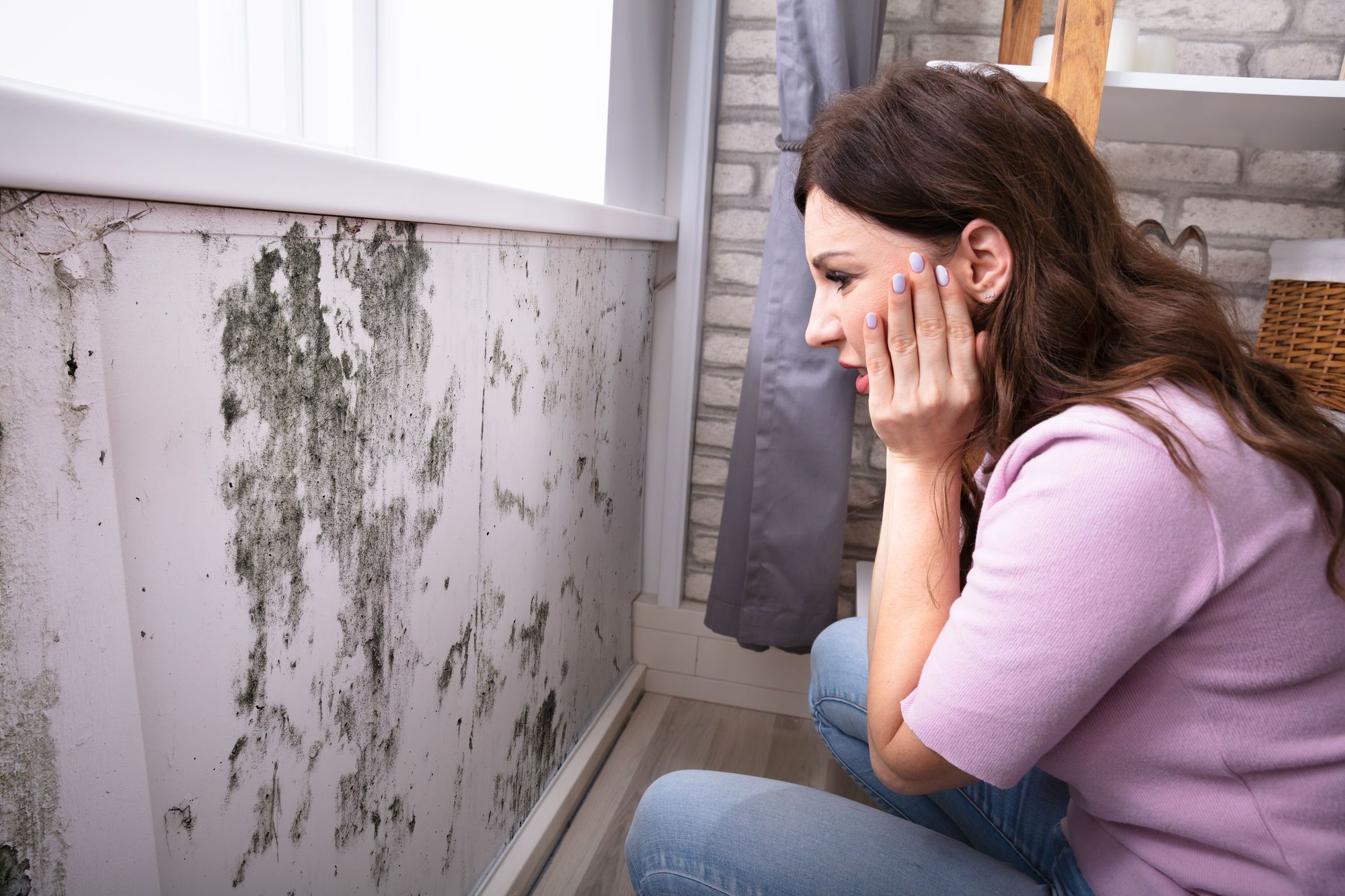
Standard homeowner’s insurance policies do cover certain instances of water damage, but the lines between what’s covered and what’s not can get complicated. Especially after storms and floods earlier this year in Florida, many in the state may be wondering if hidden water damage in Florida is covered by their homeowner’s insurance policy.
The answer is nuanced, with thin delineations between what is included and what is not—and what exactly is meant by “hidden” water damage.
Does Homeowner’s Insurance Cover Any Water Damage?
You may have heard that homeowners insurance does not cover flooding, and that’s true, according to Investopedia, since there are separate insurance policies available that cover flooding. However, some specific types of water damage—with specific causes—can be covered by your standard homeowner’s insurance policy.
Under a standard homeowners insurance policy, for water damage to be covered, it must be both sudden and internal. One helpful way to think about it is that the water must not have touched the ground outside.
Potential causes of water damage that can be covered include the cracking, tearing, or other damage done to heating, steam, A/C, or automatic fire protection systems.
Your standard homeowner’s insurance policy will cover water damage caused by a rain or snow storm, plumbing damage, damage from extinguishing a fire, vandalism, the accidental overflow of an appliance, and internal damage from a leaking roof.
What About Hidden Water Damage?
Most types of hidden water damage in Florida are not covered by homeowner’s insurance, because typically, this is not a sudden occurrence. Damage from things like ground seepage, water or sewer pipe backups, flooding, and poorly-maintained pipes are not covered by typical homeowner’s insurance policies, according to Policy Genius. Damage caused by the homeowner’s own neglect or lack of maintenance is not covered by your insurance.
However, standard homeowner’s insurance policies do cover mold damage, provided that the mold is the result of water damage also covered by the policy. For instance, mold caused by burst pipes or the overflow of an air conditioner system may be covered by your homeowner’s insurance as an extension of the already covered water damage.
Can I File a Water Damage Claim?
If your home or business has been affected by hidden water damage in Florida, you may be able to file an insurance claim and seek compensation. Whether you haven’t yet begun the insurance claim process, your claim has been denied, or your insurance company offered a lower settlement than you expected, you may be able to pursue further compensation.
Some insurance companies do their best to deny claims or to offer low settlement amounts, but you have a right to receive the full compensation you’re entitled to under your policy.
Dealing with insurance claims can be daunting, especially when your insurance company doesn’t seem to want to cooperate with you, so Top Class Actions can connect you with an experienced attorney. Consulting an attorney can help you navigate the complexities of the insurance claim process and maximize your potential compensation.
Florida Property Damage Insurance Claim Help
If you live in Florida and your home or business was damaged, enlisting the help of an experienced property damage attorney may make a difference in the outcome of your claim.
Learn more by filling out the form on this page for a free case evaluation by a Florida property damage lawyer.
ATTORNEY ADVERTISING
Top Class Actions is a Proud Member of the American Bar Association
LEGAL INFORMATION IS NOT LEGAL ADVICE
Top Class Actions Legal Statement
©2008 – 2026 Top Class Actions® LLC
Various Trademarks held by their respective owners
This website is not intended for viewing or usage by European Union citizens.
Get Help – It’s Free
Join for Free Florida Property Damage Insurance Claim Help
If you qualify, an attorney will contact you to discuss the details of your potential case at no charge to you.
PLEASE NOTE: If you want to participate in this investigation, it is imperative that you reply to the law firm if they call or email you. Failing to do so may result in you not getting signed up as a client or getting you dropped as a client.
Oops! We could not locate your form.












